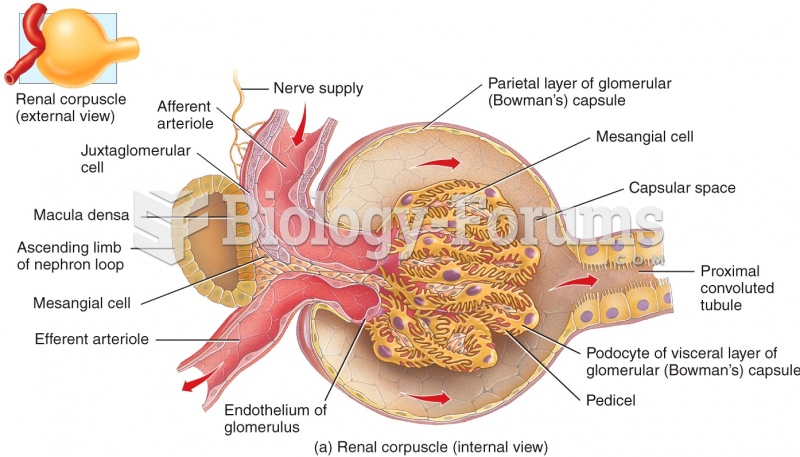Answer to Question 1
B
Feedback
A Incorrect. Acute renal failure is reclassified to chronic renal failure then 50 of renal function remains and has persisted for several months, not then there is renal scarring, or the condition is not responding to vigorous treatment for 2 weeks.
B Correct. Chronic renal failure is a progressive disease. The damage that is done to the renal system in some cases is irreversible. This condition is considered chronic then approximately 50 of the renal function remains and the condition has lasted for at least several months.
C Incorrect. Acute renal failure is reclassified to chronic renal failure then 50 of renal function remains and has persisted for several months, not then the condition has not responded to three courses of medication.
D Incorrect. Acute renal failure is reclassified to chronic renal failure then 50 of renal function remains and has persisted for several months, not then there is no commonly used set of conditions, and this is a medical judgment.
Answer to Question 2
C
Feedback
A Incorrect. Individual Health Plans (IHPs) are to the school nurse what a nursing care plan is to a hospital nurse, written by the nurse for individual students.
B Incorrect. Individual Health Plans (IHPs) are to the school nurse what a nursing care plan is to a hospital nurse, written by the nurse for individual students. They are not protocols for what needs to be done for each of several types of emergencies for any child. This is the Individual Emergency Plan (IEMP) which is developed from the IHP.
C Correct. Individual Health Plans (IHPs) are documents, based upon the nurse's assessment of the child, that outline the special needs, goals, interventions, and outcomes necessary to improve or maintain the health of the child and allow him or her to remain in school.
D Incorrect. Individual Health Plans (IHPs) are to the school nurse what a nursing care plan is to a hospital nurse, written by the nurse for individual students.







